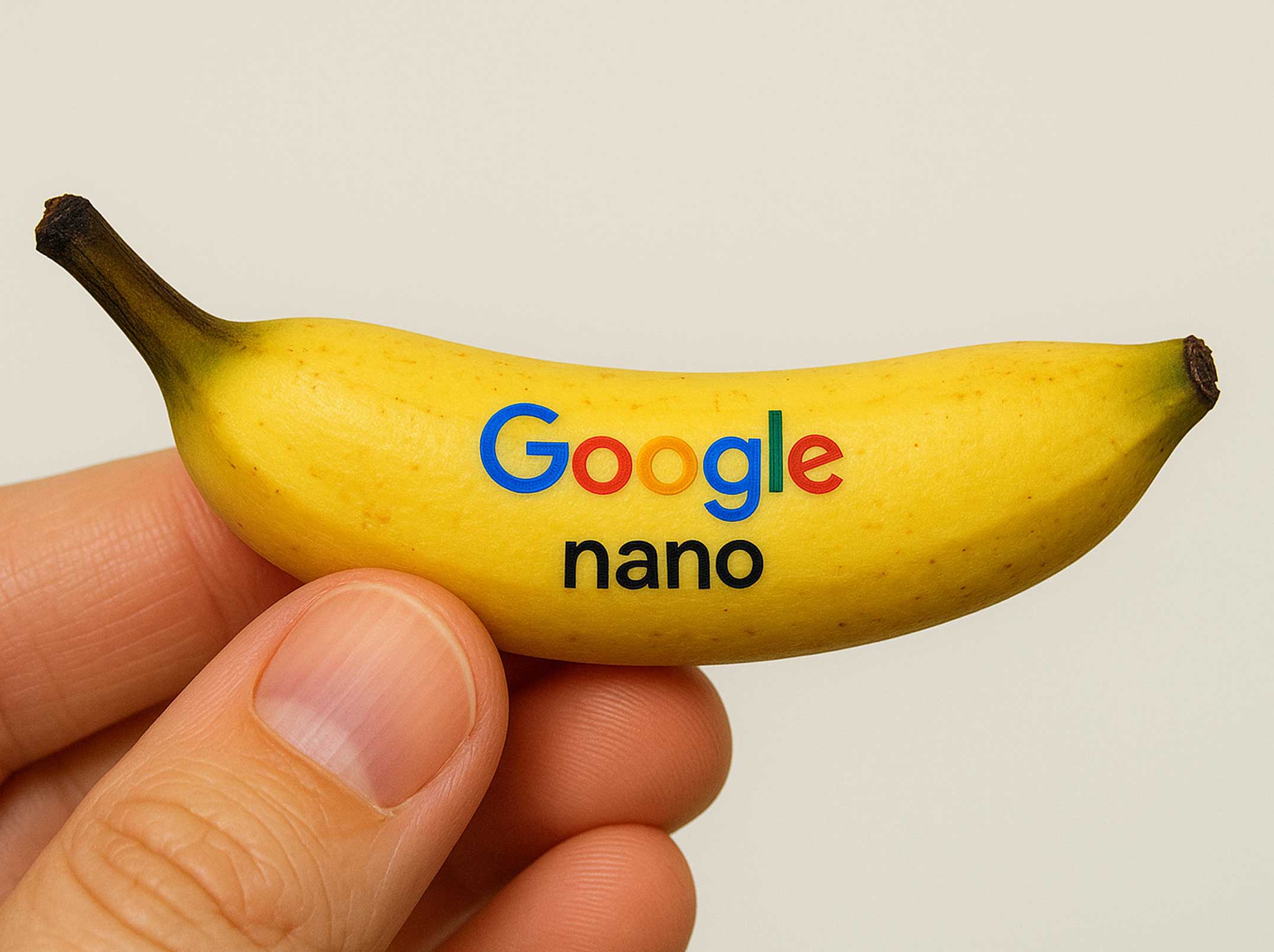Trump Seeks to Preserve TikTok Amid Potential U.S. Ban
Trump explores keeping TikTok alive amidst looming U.S. ban deadline.

For years, the future of TikTok in the U.S. has been a high-stakes standoff, pitting national security concerns against the undeniable cultural and economic influence of the platform. Now, a surprising shift from President-elect Donald Trump could redraw the battle lines. After years of advocating for a ban or forced sale due to its Chinese ownership, Trump is signaling a keen interest in keeping TikTok available to its massive American user base. This unexpected pivot raises a critical question: is TikTok's fate finally taking a turn under the incoming administration, or is this merely a new chapter in a long-running saga of political maneuvering and national security debate?
TikTok’s Troubled Journey in the U.S.
TikTok's explosive growth in the U.S. was shadowed by persistent national security concerns stemming from its ownership by ByteDance, a tech conglomerate based in China. Lawmakers and intelligence agencies voiced strong apprehensions that the platform's vast collection of U.S. user data could be compelled for access by the Chinese government, citing China's national intelligence laws. These fears triggered a series of high-profile security investigations and legislative efforts aimed at either forcing a sale of TikTok's U.S. operations or an outright ban. Despite this regulatory pressure and geopolitical tension, the app's appeal, particularly among younger demographics, only intensified, cementing its indispensable role in American digital culture and the creator economy.
A Deadline Looms: Can TikTok Avoid a Ban?
The directive for ByteDance to divest its U.S. TikTok operations or face a national ban has plunged the platform into a complex, high-stakes political and economic quagmire. This isn't a simple regulatory hurdle; it's a microcosm of larger tensions surrounding data privacy, technological sovereignty, and international relations. The deeply divided stance among U.S. political leaders mirrors the broader uncertainties felt across industries grappling with evolving digital landscapes—a dynamic much like how fundamental shifts in Google's algorithm can completely redefine successful marketing strategies overnight.
On one side, prominent figures like Senate Democratic Leader Chuck Schumer advocate for extending the deadline. Their rationale centers on allowing sufficient time to facilitate a sale to a U.S.-based entity, thereby safeguarding the livelihoods of millions of American users and businesses that depend on TikTok for connection, commerce, and content distribution. The concern here is minimizing disruption while still addressing security vulnerabilities.
Conversely, influential voices such as Senate Intelligence Committee Chair Tom Cotton champion a more hardline approach. They argue that national security imperatives must unequivocally take precedence, even if it means an outright ban on the application. Their position underscores the belief that the risks associated with Chinese ownership are too significant to compromise.
Ultimately, TikTok's future hinges on the precarious balance of these competing interests and whether a viable, government-approved compromise can be brokered before the imposed deadline forces a definitive outcome.
The Role of the Supreme Court in TikTok’s Fate
TikTok's very presence in the U.S. now hangs precariously on the Supreme Court's impending decision. The company has mounted a vigorous legal challenge against the potential ban, asserting that such a move directly infringes upon First Amendment protections related to free speech. TikTok's legal team has consistently maintained that there is no substantive evidence demonstrating the app has ever compromised user data or served as a conduit for surveillance by the Chinese government. As this landmark case unfolds, the Court's ruling will be instrumental, either affirming TikTok's continued operation in the U.S. or irrevocably sealing its fate in the American market. This decision isn't just about one app; it will set a significant precedent for how the U.S. balances national security concerns with constitutional rights in the rapidly evolving digital landscape.
Trump’s Surprising Support for TikTok
In a significant and unexpected reversal, President-elect Trump has signaled a willingness to explore solutions that would allow TikTok to continue operating in the U.S. This stance sharply contrasts his prior efforts, including a prominent attempt to ban the app during his 2020 administration.
The pivot appears to be rooted in TikTok's unexpected utility during Trump's 2024 campaign. The platform proved highly effective in reaching and mobilizing younger voters through viral, campaign-specific content. Recognizing its potent ability to connect with key demographics, Trump has now emerged as a surprising advocate for TikTok's continued presence in the American digital ecosystem. This strategic shift underscores the increasing influence of social media platforms in political campaigning and the complex interplay between technology, national security, and electoral strategy.
What’s at Stake for TikTok and Its Users?
TikTok has transcended its initial role as a mere social media app to become a foundational pillar of modern digital culture and a critical business engine. For countless creators, it represents a primary source of income and a canvas for self-expression. For brands, its unique algorithm offers unparalleled reach and engagement, transforming marketing strategies and driving sales. The platform's deep integration into American digital life underscores a crucial lesson for any business: success in today's competitive landscape demands a keen understanding of evolving digital trends and a proactive approach to avoiding common digital marketing pitfalls, such as neglecting SEO, failing to understand your target audience, or over-relying on a single platform.
The prospect of a ban, therefore, extends far beyond a simple app removal. It threatens to upend established livelihoods, force mass migrations to less effective alternative platforms, and sever access to what has become a global hub for entertainment, commerce, and community. As the Supreme Court deliberates and the incoming administration weighs its options, the stakes for TikTok's vast ecosystem of users, creators, and businesses are immense. This unfolding saga perfectly encapsulates the inherent tension between national security imperatives and the expansive, often unpredictable, influence of global technology platforms. The coming weeks are poised to reveal whether TikTok can navigate these formidable challenges and secure its place in the American digital future.
Subscribe to our newsletter
Stay informed with the latest marketing trends, expert insights, and exclusive updates delivered monthly.




